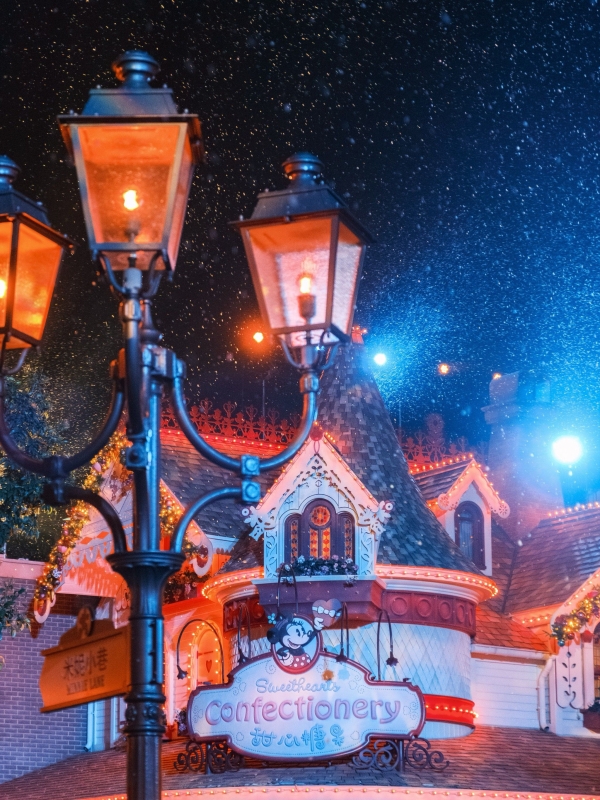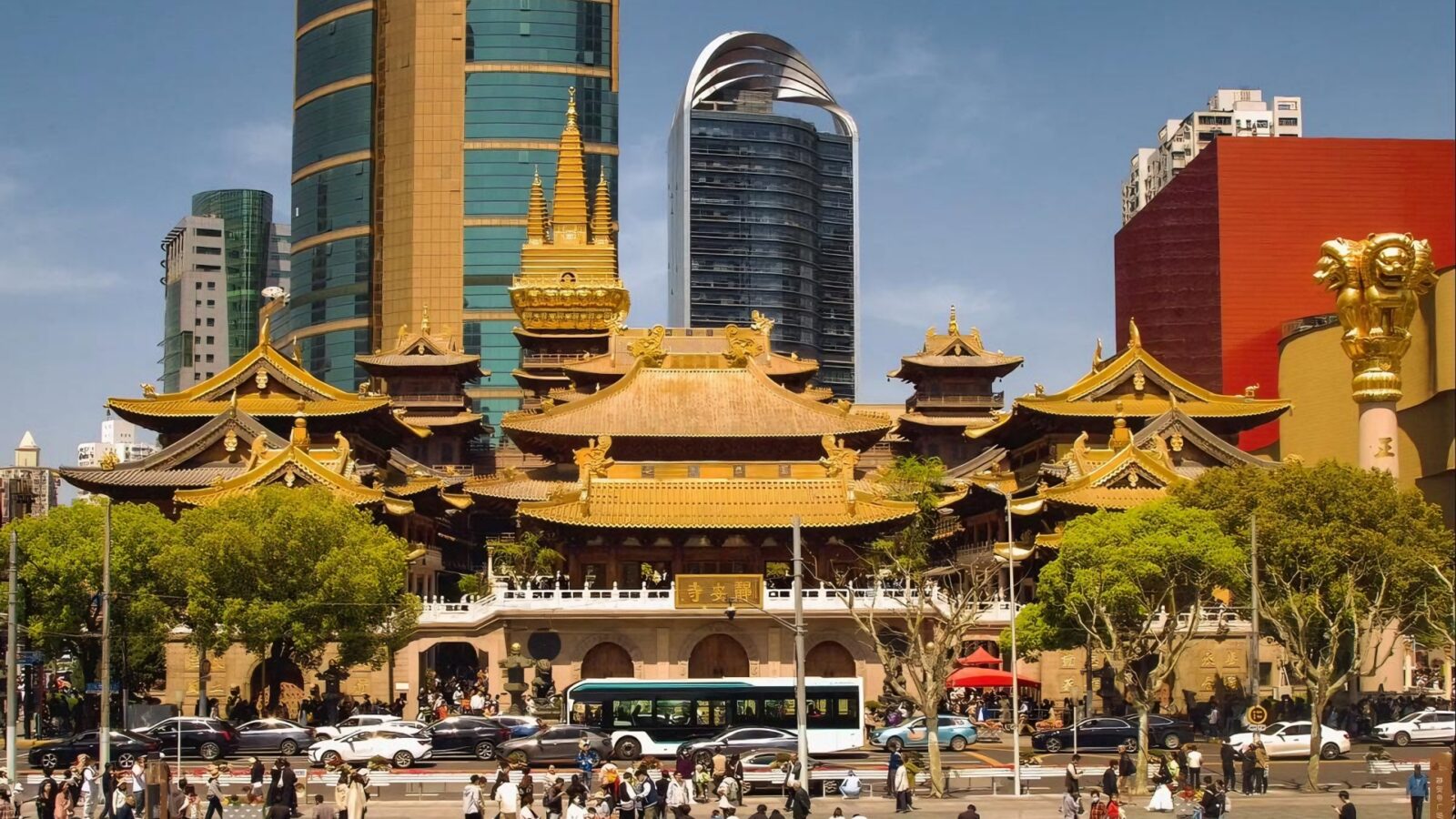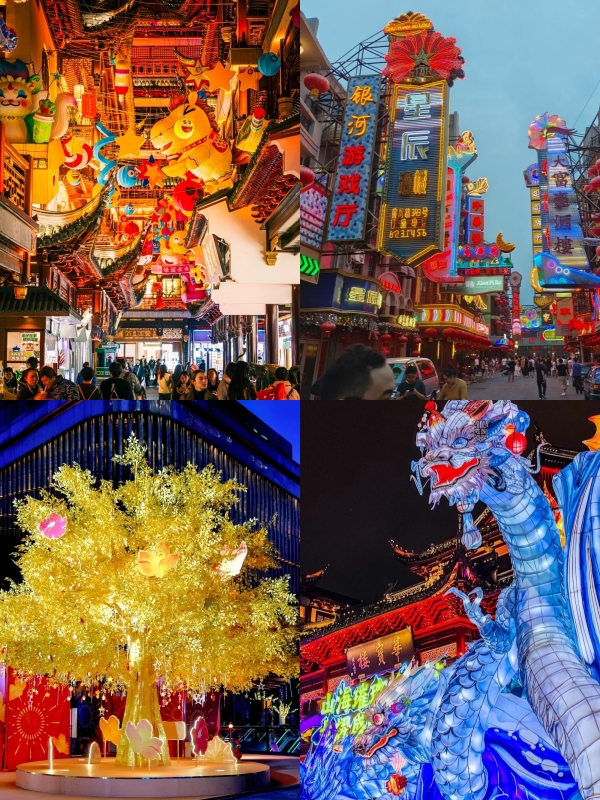On the surface, Shanghai shows off glass towers and the Bund’s postcard lights, but step closer and the city begins to whisper stranger tales. I stood at the edge of the Huangpu River with a can of Harbin beer when an older local leaned in and said: “Tomorrow, go to People’s Park, for the umbrellas, not the flowers.” Those umbrellas didn’t hold souvenirs — they displayed handwritten marriage ads, rows fluttering like secret classifieds. That moment opened the door to the kind of unusual things to do in Shanghai that never appear in guidebooks. I wandered past dusty books under dim lamps on Fuzhou Road, met a barber offering an ear spa that felt half comic and half shocking, and later sat in rooftop bars where the neon hum cost me ¥120 a drink. These aren’t the activities you notice on an average gray, smoggy day in Shanghai; they feel chaotic yet unforgettable, and if you skip them, you’ll miss the side of the city that locals still chuckle about long after you’ve gone.
Cultural and Quirky Experiences in Shanghai
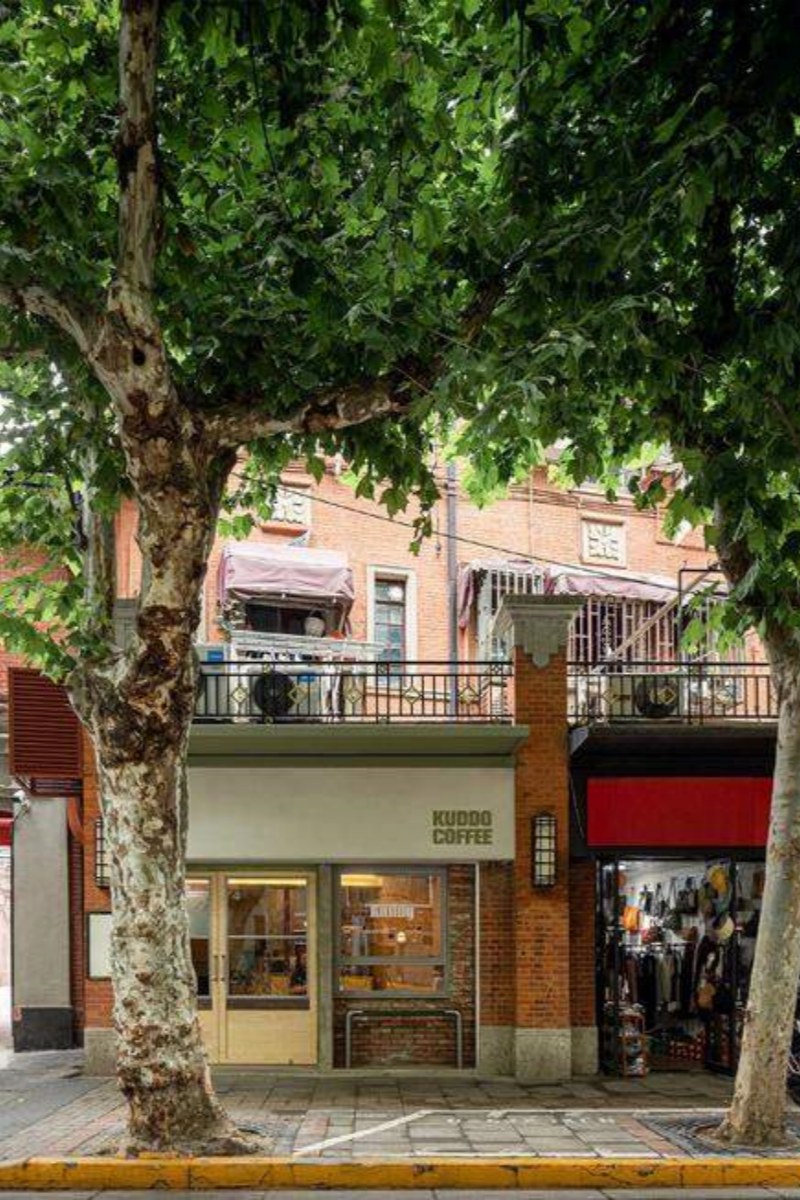
Alleyway Cafés
Marriage Market at People’s Park
Step into People’s Park on a weekend and you’ll see umbrellas lined up like makeshift billboards. Every sheet of paper lists a name, an age, a height, and sometimes even an income — parents advertising unmarried children. At first, it feels intrusive, almost embarrassing, as though you’ve stumbled into a family scene that wants privacy.
Stay a little longer and you realize this is more than matchmaking — it’s woven into the fabric of Shanghai social life. Locals joke about it as “offline Tinder for parents,” but many families still treat it as serious business. You’ll overhear parents comparing job titles, debating which district is better for settling down, and quietly jotting down phone numbers.
It’s free to stroll through, though you’ll probably spend ¥20–30 on a milk tea while you watch. It’s unusual and sometimes uncomfortable for outsiders, but it offers a raw look at traditions that still shape modern Shanghai. This market stands as one of the classic unusual things to do in Shanghai for culture‑seekers.
Ready for a different side of Shanghai? Here’s 10 Places to Go Camping in Shanghai — From Forest Mornings to Glamping Nights
Alleyway Cafés and Night Book Markets
Small cafés squeeze behind decaying brick walls in the French Concession, one of those unusual things to do in Shanghai if you like quiet corners. Some feel like time capsules, with squeaky fans and chipped teacups that wobble on the table. One I found near Wukang Road had a handwritten pinyin menu full of mistakes that somehow made the place feel more genuine.
As night falls, the mood shifts. On Fuzhou Road, vendors pull out crates of secondhand books and stack them under yellow lamps. The smell of old paper mixes with smoke from roadside grills, and the buzz of scooters cuts through the crowd. People bend over tables, fingers brushing fragile pages, whispering as they haggle over rare finds — another unusual thing to do in Shanghai if you want to feel its hidden pulse.
It’s not glamorous, and that’s the point. If you want to sense Shanghai’s slower rhythm, its intellectual heartbeat beneath the neon, this is where to go. Budget around ¥50–80 if you’re tempted by old prints, though even without buying, the atmosphere is worth the visit.
Unique and Offbeat Attractions in Shanghai
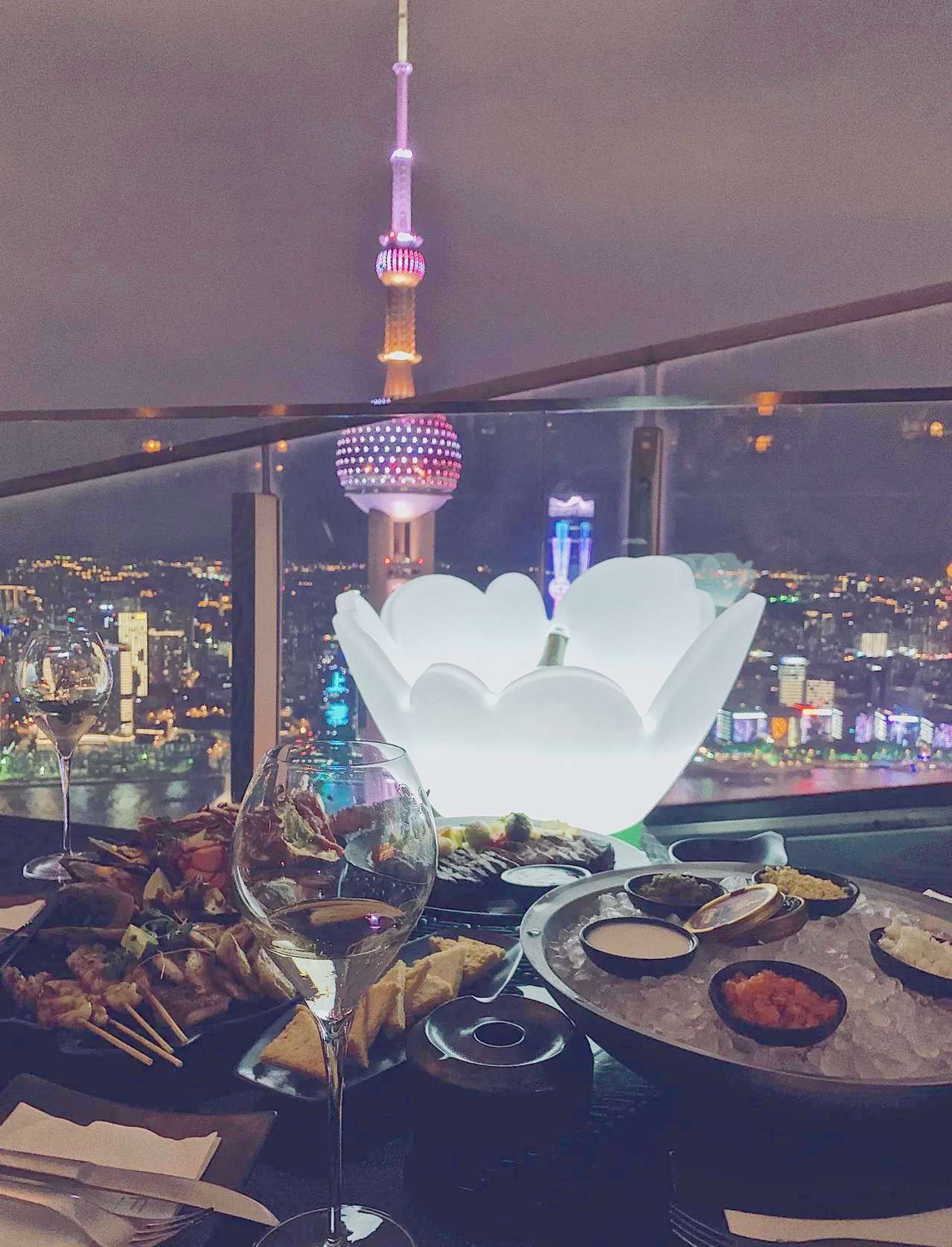
Flair Rooftop Bar
Ear Spa at Traditional Barbershops
In Shanghai, barbershops do more than cut hair, and visiting them counts among the unusual things to do in Shanghai. In older neighborhoods, a few still offer “ear spas,” a service that surprises many visitors. Walk into one of these tiny shops and you’ll notice old chairs, cloudy mirrors, and a barber holding a thin metal rod. When that rod touches your ear canal, it’s ticklish and odd, a little unsettling, but strangely satisfying.
Tourists often giggle nervously or squeal at the sensation, while locals sit calmly as if it’s routine. The session usually lasts ten minutes and costs about ¥30–50, depending on the neighborhood. Hygiene standards vary, so look for shops that use clean tools and fresh cotton tips.
It isn’t for everyone, but if you’re chasing quirky Shanghai things to do, it’s worth trying once. Even if you decide it’s not your style, the story of sitting in a backstreet barbershop while scooters hum outside will stay with you.
Rooftop Bars and Skyline Views
Skip the tourist crowd at the Bund promenade and head upstairs instead. The Flair Rooftop Bar on the 58th floor of the Ritz‑Carlton offers a surreal view: the Oriental Pearl glowing pink, the Shanghai Tower looming like a giant flashlight, and ferries slicing across the Huangpu below. For visitors searching for unusual things to do, Shanghai’s skyline at night feels like the whole city laid out at your feet, and photos never capture its full scale.
Drinks are expensive — ¥100–150 each — and queues can stretch late into the night, but many say the view is worth it. If luxury rooftops aren’t your style, smaller bars near Yuyuan offer a more relaxed vibe. These places still deliver the neon glow and belong to the list of things to do in Shanghai, but you can sip your drink without elbowing through crowds.
Hidden Flavors: Shanghai’s Food Adventures
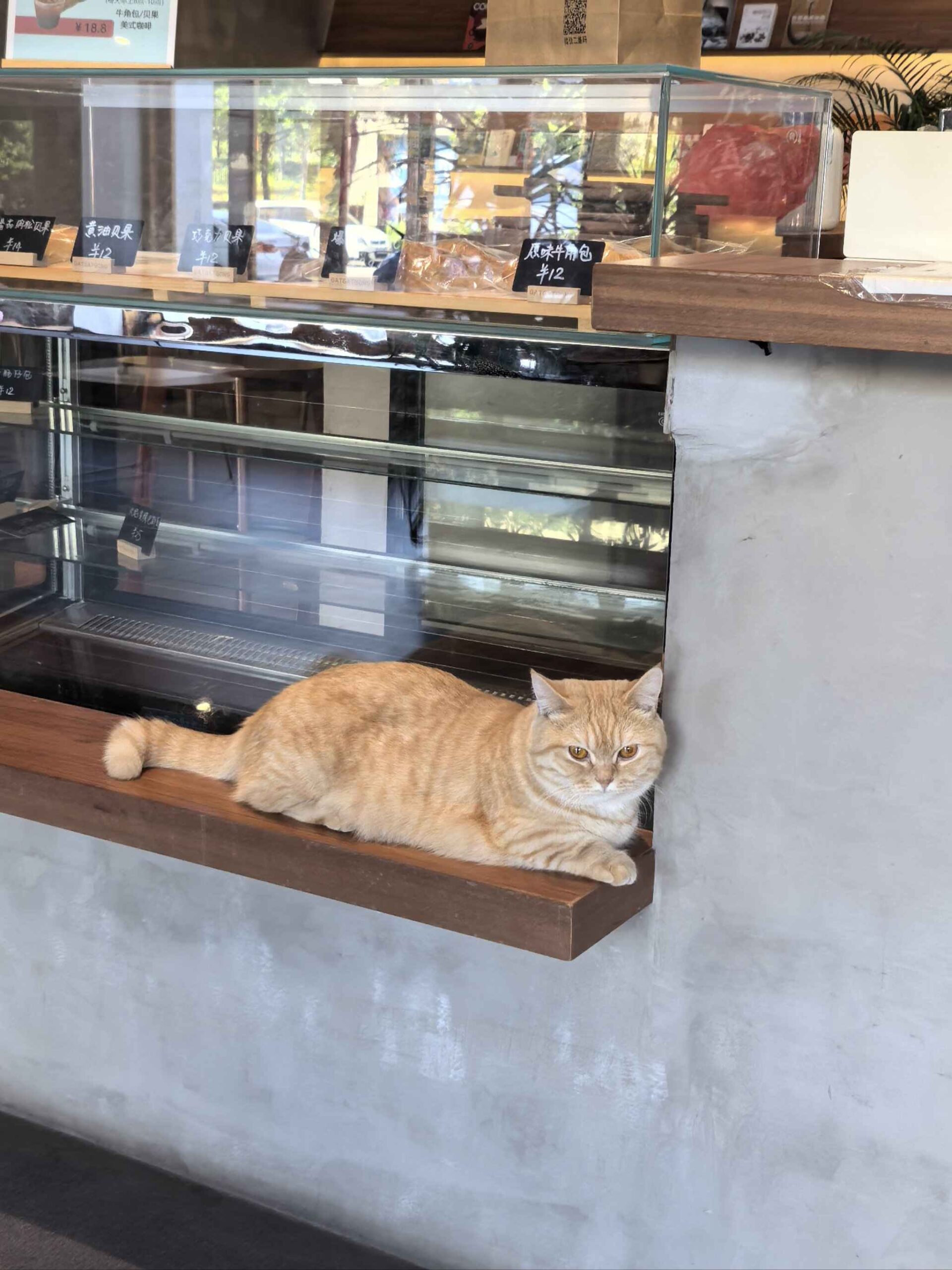
Cat cafés
Hotpot and Midnight Snacks
After midnight, head to Huanghe Road or Yunnan Road and you’ll find bubbling hotpots crowded with locals in office wear. The air grows heavy with chili steam, chopsticks clatter, and taxis honk outside. Tables fill quickly, and the energy makes it one of the most unusual Shanghai things to do after dark. A pot for two costs about ¥150–200, depending on toppings, with menus offering everything from fatty beef slices to handmade fish balls.
The thrill comes from the contrast: eating spicy broth at 2 a.m. while the city outside still hums feels both chaotic and oddly comforting. If you want to skip the wait, Trip.com sells pre‑booked hotpot experiences that guarantee seating. On weekends, when lines stretch past midnight, this option feels like a lifesaver. Among the many unusual things to do in Shanghai, sharing hotpot at dawn stands out as a favorite.
Quirky Dining Spots
For something playful, try an anime‑themed café in Jing’an, where waiters dress as characters and posters cover the walls. Drinks are simple lattes or themed desserts, but the vibe feels like stepping into a comic book.
For a more upscale choice, order Four Seasons Hotel’s roast duck at ¥298 per set. The crispy skin, carved at your table, comes with thin pancakes and sweet sauce. It feels indulgent, a sharp contrast to quirky cafés across town.
Cat cafés are another trend in Shanghai. On weekends, students and families pack these spots. Expect a cover charge plus ¥40–60 for drinks. They mix Shanghai’s love of novelty with real culinary depth, and while they can be crowded, the furry company makes them charming. Add these cafés to your list of unusual things to do in Shanghai if you want playful dining.
Craving a foodie adventure in Shanghai? Check out this Shanghai Food Blog: A Guide to Eating Like a Local.
Niche Museums and Hidden History in Shanghai
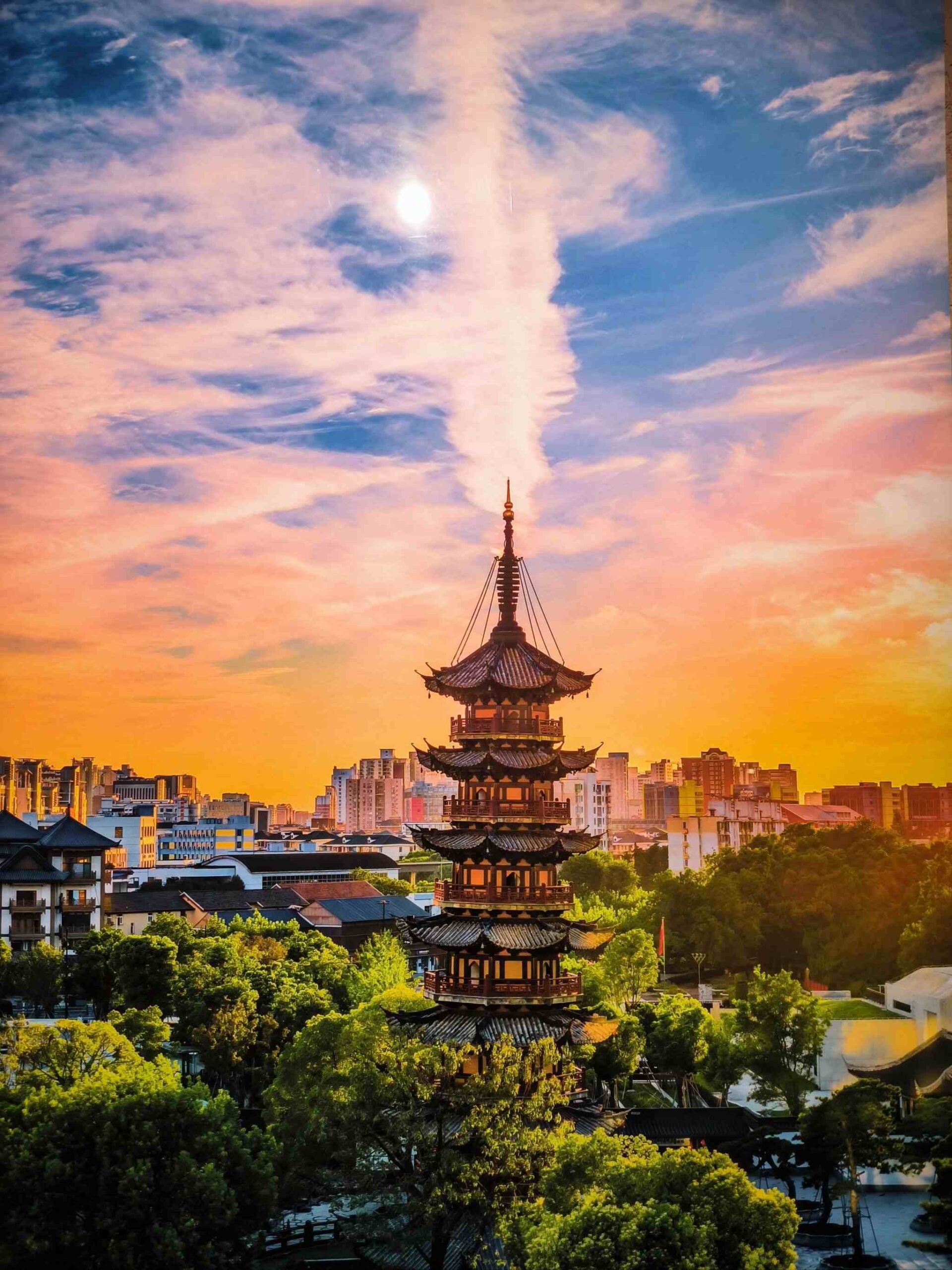
Longhua Temple
Shanghai History Museum
Near People’s Square, the Shanghai History Museum feels oddly quiet for its size, yet stepping inside adds to the long list of unusual things to do in Shanghai. You’ll find wax figures, colonial relics, and even restored tram cars tracing the city’s evolution from a fishing village to an international port. These exhibits aren’t flashy, but their authenticity makes you stop, look closer, and reflect on the lives that shaped the city.
Admission costs about ¥30, with free entry on some weekdays for students. Crowds stay surprisingly thin compared to the nearby Shanghai Museum, making it a refreshing alternative. Here you can linger by displays without being rushed and explore Shanghai’s past at your own pace. For travelers compiling their list of unusual Shanghai things to do, this museum delivers quiet depth and context.
Lesser‑Known Temples
Longhua Temple doesn’t hide, but it rarely makes “top ten” lists. Step through the gates and incense smoke rises thick in the air, clinging to your clothes as monks chant rhythmically in the background. The golden roofs shimmer in the afternoon sun, casting timeless reflections.
The entrance fee is only ¥10, almost symbolic given the atmosphere inside. Wander through courtyards lined with ancient trees, and you’ll see worshippers lighting candles or leaving fruit at quiet altars. The setting feels calm, even during busier hours, while wooden bells echo softly.
Unlike larger temples that feel staged for tourists, this one often hosts locals praying quietly or meditating in corners. That presence adds authenticity, showing how tradition continues in daily practice rather than performance. Visiting here is another unusual thing to do in Shanghai for those seeking spiritual calm.
If one temple leaves you curious for more, dive into Visiting the City God Temple of Shanghai in 2025 — The Details That Stayed With Me
Offbeat Day Trips from Shanghai
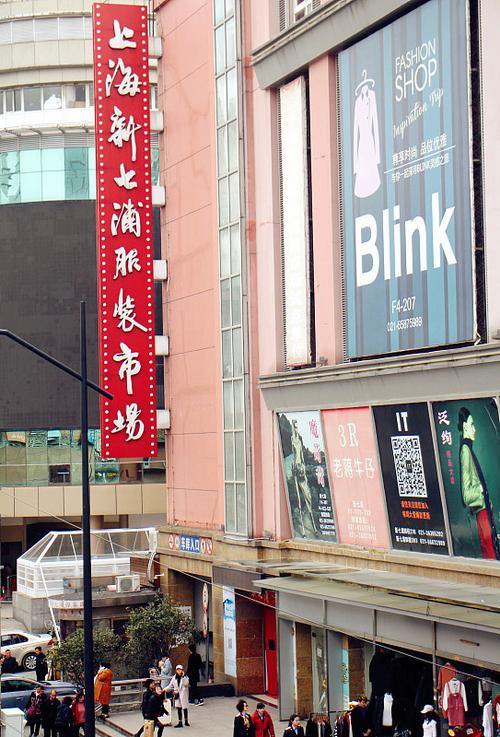
Qipu Road market
Zhujiajiao Water Town
Zhujiajiao, nicknamed the “Venice of Shanghai,” is reachable by metro plus a short taxi ride. When you arrive, wooden boats glide slowly under stone bridges, their oars creaking as water ripples against them. The town feels older than time, with lanes that smell faintly of river moss and fried snacks.
Vendors fry stinky tofu that costs ¥10, steam mixing with the chatter of tourists. Others sell candied hawthorn skewers or handmade trinkets, while shopkeepers call out prices in Mandarin and broken English. Many visitors rent hanfu (traditional clothing) for photos at ¥80–100, posing against whitewashed walls and arched bridges.
Weekdays are the better choice, as weekends turn canals into floating traffic jams. To avoid haggling, Trip.com sells combo tickets with boat rides and museum entries, making the visit smoother. If you’re compiling unusual things to do in Shanghai beyond the city center, Zhujiajiao is essential.
Local Markets and Bargain Hunts
Qipu Road market and smaller night bazaars feel chaotic but rewarding. Stalls overflow with clothes, fake sneakers, and random electronics. The air fills with vendors shouting prices and the smell of grilled skewers drifting from food stands, creating an overwhelming energy.
Bargaining is expected here, and prices often drop by half if you persist. Cash still works, but most locals prefer scanning QR codes with WeChat or Alipay, so set up mobile payment in advance. If you’re hunting for unusual things to do in Shanghai, bargaining in this setting becomes one of the most memorable experiences.
Practical Tips and Common Pitfalls for Exploring Unusual Shanghai
Check Opening Hours
Always confirm opening hours when planning your itinerary, especially if you’re chasing unusual things to do in Shanghai. Some museums close on Mondays, and smaller attractions may shut suddenly during public holidays. For example, the Shanghai History Museum closes every Monday, while small galleries sometimes change hours without notice. Checking ahead saves wasted trips and keeps your list of Shanghai things to do running smoothly.
Transport Timing
Shanghai Metro stops around midnight, though times vary by line. The last train on Line 2 from Pudong Airport leaves earlier than downtown lines, surprising many travelers. After trains stop, Didi (China’s Uber) or taxis are your only options, with surcharges after 11 p.m. Always leave extra time when traveling late.
Ticket Prices
Ticket prices for attractions like Disneyland shift with the season, ranging from ¥399–719 on Ctrip. Holidays such as Golden Week push prices higher, and tickets sell out days ahead. Even popular rooftop bars may require a ¥100–150 minimum spend. Booking early saves money and guarantees entry.
Payment Options
Many small spots don’t take foreign cards, including food stalls and markets. Carry some cash for emergencies, though mobile payments dominate. Setting up Alipay or WeChat Pay with an international card makes transactions smoother. CTrip and Klook also accept foreign cards, making them reliable for pre‑booked activities.
FAQ : Practical Insights on Shanghai’s Hidden and Quirky Experiences
Q: Do I need to pre‑book unusual attractions in Shanghai?
A: For popular spots like Disneyland, rooftop bars, or famous hotpot chains, pre-booking is smart, especially on weekends and holidays. Disney tickets fluctuate between ¥399–719 depending on the season and sell out quickly on Trip.com. For smaller experiences such as markets, alleyway cafés, or night book stalls, you can usually just walk in.
Q: Is English widely used in these places?
A: In central Shanghai, metro stations, museums, and big restaurants usually provide English signage and menus. Step into back‑alley cafés, local temples, or markets, and English use drops. In those cases, a translation app or showing your destination in Chinese characters helps. TripAdvisor reviews often note that staff at large attractions know some English, while night vendors usually don’t.
Q: Are these unusual spots family‑friendly?
A: Some are, some aren’t. Rooftop bars and late-night hotpot venues don’t suit young kids. On the other hand, cat cafés, the Shanghai History Museum, or Zhujiajiao Water Town are family-friendly and easy to reach by metro. Timing matters — night markets can be crowded after 9 p.m., so daytime visits may be safer with children.
Q: What’s the daily budget for unusual things?
A: Expect around ¥300–500 per person for food, transport, and one paid activity. Add cocktails at a rooftop bar or a fine-dining meal and the cost doubles. Backpackers often manage with ¥200 by sticking to street food and free attractions. Families may spend up to ¥800 with taxis and sit-down dinners.
Q: Is bargaining acceptable in markets?
A: Yes, bargaining is part of the experience at places like Qipu Road Market. Start at 40–50% of the quoted price and expect to meet halfway. Vendors may act offended, but it’s part of the game. Food stalls and fixed-price shops, however, aren’t for bargaining.
Q: How late does the metro run?
A: Most lines stop between 11:30 p.m. and midnight, though it varies by station. The last train times show on electronic boards. Miss it, and your options are DiDi (China’s Uber) or taxis, with surcharges after midnight.
Q: Can foreigners stay in hotels near these places?
A: Yes, but not every hotel is licensed for foreigners. International chains like Marriott, Hyatt, Hilton, or boutique hotels usually accept foreign guests. Always check on Ctrip (Trip.com) or B.com. Some smaller inns may refuse non‑Chinese passport holders.
Q: Is the ear spa safe?
A: The ear spa is generally safe with experienced barbers. Locals call it relaxing, while visitors often describe it as ticklish or startling. Hygiene differs, so choose shops with clean tools and fresh cotton tips. If you have ear problems, avoid it.
Q: Where do I book tickets in advance?
A: The best options are Ctrip (Trip.com) and Klook, both offering English support and discounts on attractions like Zhujiajiao boat rides or Disneyland passes. Some rooftop bars also take reservations online through their hotel websites.
Q: What’s one unusual thing I shouldn’t miss?
A: The marriage market at People’s Park stands out. Parents pin handwritten ads to umbrellas and sometimes negotiate over tea. It’s free, culturally revealing, and unlike anything else in the city.
